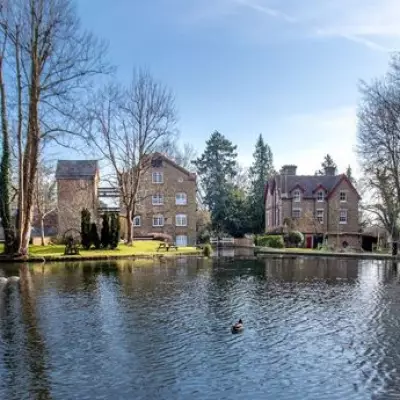
In a dramatic standoff that highlights London's deepening housing crisis, the last remaining residents of a condemned North London estate are refusing to leave their homes, despite authorities declaring the buildings a "death trap."
The ageing housing complex, described by officials as fundamentally unsafe and no longer fit for human habitation, has become the centre of an emotional battle between long-term residents and local authorities. Those who remain face increasingly dire living conditions as essential services are gradually withdrawn from the doomed estate.
A Community Under Siege
For the handful of families still occupying the estate, each day brings new challenges. With the majority of properties now empty, those remaining describe an eerie atmosphere of abandonment and decay. "We're living in a ghost town," one resident explained, "but this is still our home."
Council officials maintain that the buildings pose significant safety risks, citing structural concerns and failing infrastructure that make continued occupation dangerously untenable. Emergency services have expressed concerns about their ability to respond effectively to incidents within the deteriorating complex.
The Human Cost of Regeneration
Behind the structural assessments and safety warnings lies a deeply human story of displacement and community fragmentation. Many residents have lived in the estate for decades, forming tight-knit social bonds that regeneration projects often overlook.
"They see crumbling concrete and dangerous wiring," said another long-term resident. "We see the homes where we raised our children, where we celebrated birthdays, where we supported each other through difficult times."
The situation raises difficult questions about London's approach to urban regeneration and the balance between safety concerns and residents' rights to maintain their communities.
What Comes Next?
As negotiations between remaining residents and local authorities continue, the standoff represents a microcosm of London's wider housing challenges. With affordable housing in increasingly short supply and regeneration projects accelerating across the capital, similar conflicts are likely to emerge elsewhere.
The fate of North London's last estate holdouts may well set a precedent for how such situations are handled across the city, making this local dispute a case study with potentially far-reaching implications for London's housing future.





